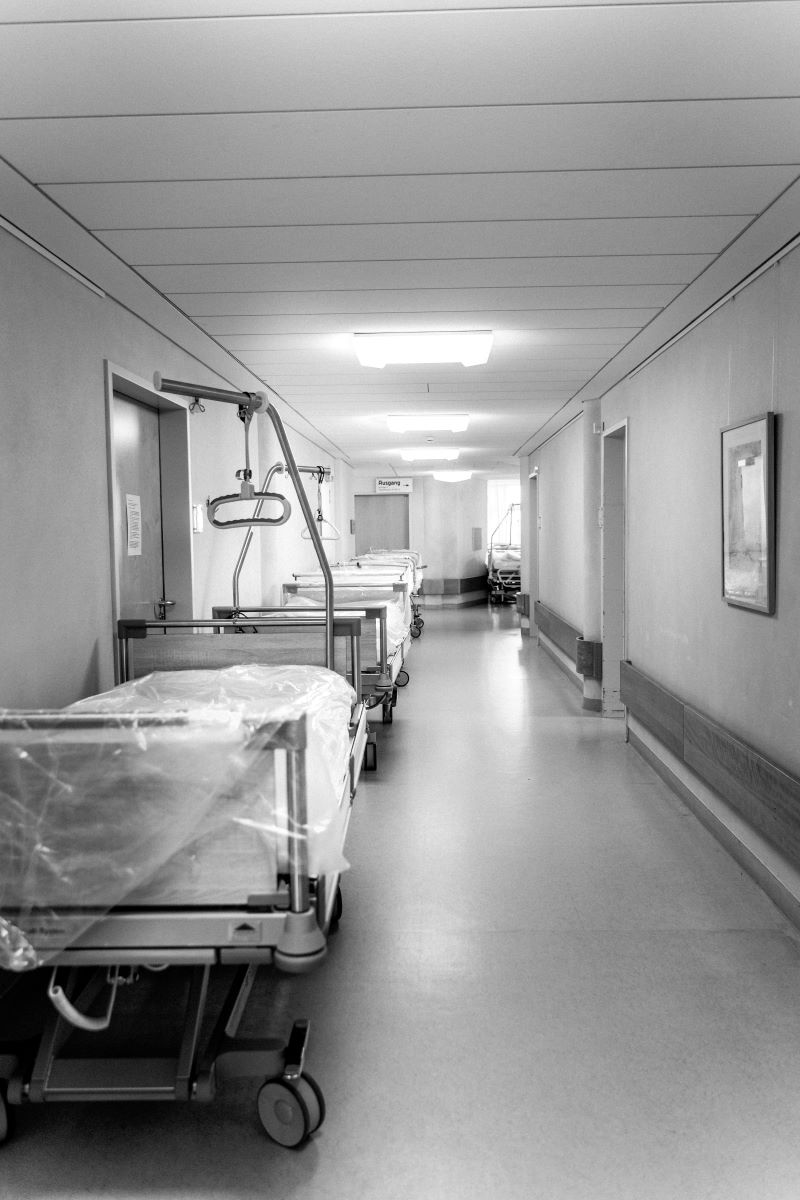Over the past few decades, mass incarceration amongst women and young girls has increased dramatically, rising by 585% between 1980 and 2022. Despite the fact that women account for a growing number of the incarcerated population, their unique health and safety needs have been left out of the limelight which has worsened the attention and quality of medical care they receive.
Notably, the needs of incarcerated pregnant and postpartum women are often overlooked or ignored due to the lack of comprehensive protocols in prisons and jails or negligence perpetuated by medical personnel or staff. However, this conduct can lead to dangerous, life-threatening outcomes for both the mother and/or their child.
In fact, as of July 2025, there is still no data collection regarding pregnant or postpartum inmates who are held in jails, and there is only very limited data collection regarding pregnant inmates in prison, according to the Prison Policy Initiative.
Unfortunately, the absence of data collection makes it extremely difficult for legislators to propose meaningful policy changes that would adequately address the needs of the pregnant incarcerated population. As a result, the burden of bringing awareness to harmful and discriminatory policies is placed on the individual rather than the institution.
Health Disparities Among Pregnant Incarcerated Women
Unfortunately, medical malpractice leading to birth injuries is not a rare occurrence, and many newborns wrongfully suffer from severe complications such as Hypoxic Ischemic Encephalopathy (HIE), Cerebral Palsy, Erb’s Palsy, Shoulder Dystocia, and Maternal Death as a result of a hospital’s negligence.
However, pregnant incarcerated women are faced with additional challenges that inhibit and sometimes prevent them from receiving necessary medical care and accommodations while in prison. Without proper oversight and staff training, the resources that prisons and jails claim to make “available” to pregnant and postpartum incarcerated women are rendered completely ineffective.
It is also important to note that the majority of pregnant incarcerated women are held in local city or county jails which are governed at the local level and subject to limited state oversight. Jails may lack explicit uniform guidelines about how to properly care for pregnant incarcerated women which may lead to unnecessary harm to an individual. Furthermore, prisons and jails are not always well-equipped to support delivery or attend to the post-partum needs of new mothers.
As a result, pregnant inmates are more likely to experience distress, maltreatment, lack of access to medical care and lack of support from staff which can all lead to dangerous health outcomes for the mother and child such as oxygen deprivation during delivery, delayed c-section, or excessive bleeding to the mother.
According to a landmark study by the Prison Policy Initiative, in many states, pregnant incarcerated women have reported the following alarming conditions:
- Giving birth on a mattress, toilet, or the floor in a jail cell
- Having complaints of pain ignored by medical and correctional staff
- Stillbirths or newborns who pass away within two weeks of birth
- Newborns developing infections associated with poor hygiene conditions in jails
Race, sexuality, and language also pose further barriers to receiving proper medical care for incarcerated inmates, as many medical providers may implicitly stigmatize certain racial or ethnic groups, and prematurely dismiss their complaints.
A 2021 study conducted by the Center for Disease Control and Prevention found that the maternal death rate among black women was more than double that of their white counterparts, despite the fact that the same study found that more than 84% of maternal deaths were preventable. Combined with the fact that black women are overrepresented in the prison industrial complex, pregnancy and childbirth in prison should raise concern for advocates of prison reform.
Reforms to Reproductive Health Care for Pregnant Incarcerated Women
Fortunately, over the past ten years, numerous lawsuits have shed light onto the horrors that pregnant incarcerated women have faced, leading to the implementation of reforms in both New York State and nationally:
- During the 2015-2016 legislative session, New York State passed Senate Bill S983A, which expanded anti-shackling law to prohibit shackling of pregnant women or postpartum women for a period of eight weeks.
- In 2018, Congress passed the First Step Act which prohibited shackling of pregnant prisoners in federal custody.
- In June of 2025, the New York State Senate passed Senate Bill S4583A which outlines specific policy measures to ensure that incarcerated pregnant and postpartum individuals have access to medications, hydration, and nutrition as recommended by a medical practitioner. If signed into law, the bill will provide important expansions to medical care for pregnant and postpartum inmates.
While the reforms mentioned above are laudable for the protections they provide to pregnant inmates, there is still much to be done. Unfortunately, the medical needs of inmates at prisons and jails throughout New York and across the country are far-too often neglected or dismissed by medical staff.
Prison medical malpractice attorneys at the Jacob Fuchsberg Law Firm have represented numerous inmates who suffered from delayed cancer diagnoses, amputation, and even death due to preventable illnesses while in prison.
New York Civil Rights and Medical Malpractice Attorneys
No one should ever have to suffer from a miscarriage or negative post-partum health outcome due to a facility’s negligence or indifference.
At the Jacob D. Fuchsberg Law Firm, our attorneys specialize in both birth injuries and prison medical malpractice, and many of our lawsuits have led to changes in hospital protocol or nation-wide reform in prisons. These changes help make sure that what happened to you or your loved one will not happen again.
Our experienced New York Civil Rights and Medical Malpractice attorneys understand the difficulty that comes with sharing a painful story involving pregnancy or miscarriage for the first time, and they are here to support and listen to you.
We can help when the unimaginable happens.
PREGUNTAS MÁS FRECUENTES

.svg)











